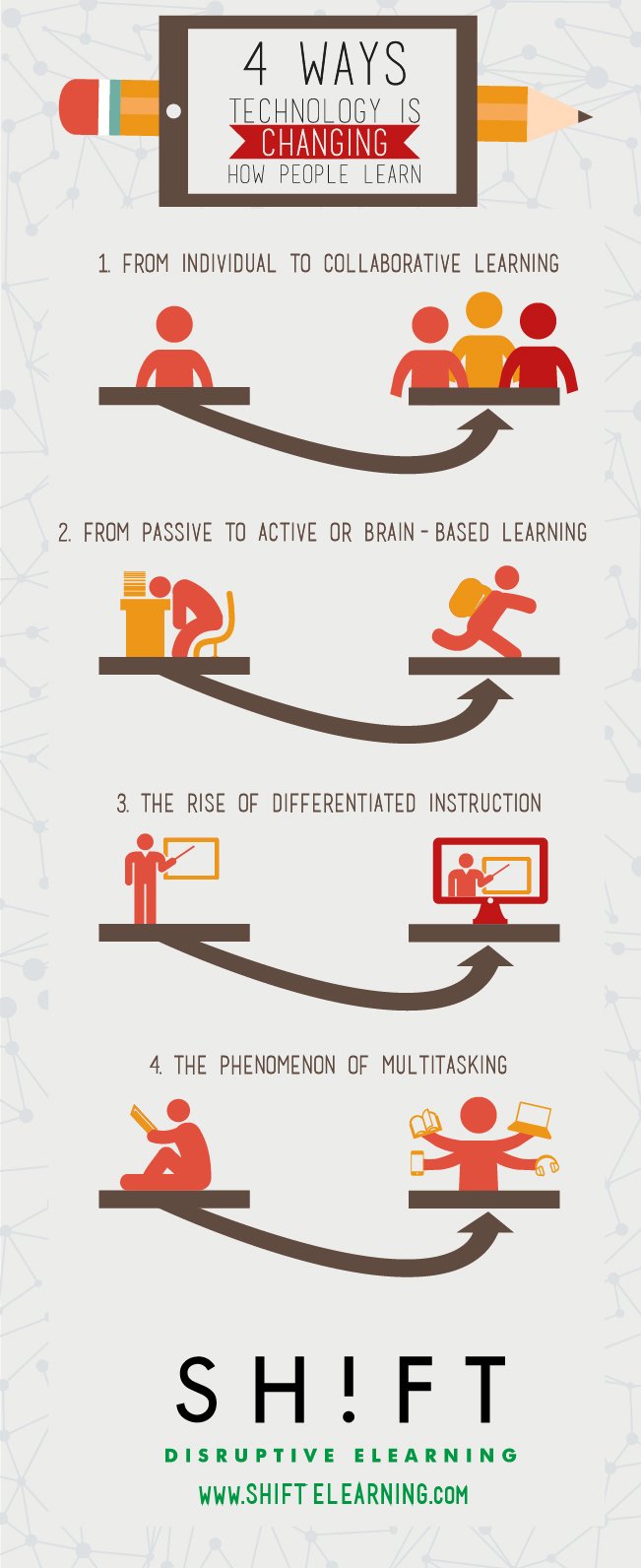A few thoughts from observing one of my mentor's classes this week.
It was a class/'course' that she had been asked to create for the 'More Able and Talented' (MAT) students. As it isn't an official class, she has been given the opportunity to do whatever she wants/thinks is important.
The main focus of the class is to start thinking about University - the grades to get in, personal statements, extra curricular activities, types of degrees etc. But she also wants to reinforce the idea that as a student, you have to be more than just your grades, you must start to try to develop your person, you must develop other skills and opinions and views - it's pretty much getting them to think about being a more well rounded individual. In the lesson I observed today she was discussing Literature and the importance of reading.
They were given an activity in which the had a list of book titles and they had to pick out the author and match them up. Honestly, I felt quite sad at how little they knew. Some books they had never heard of, let alone had a desire to read them.
The teacher then talked about a new trend/nomination on Facebook, in which you are selected to list your top 10 books that have stayed with you/influenced you.
The students were asked to write down their 10 and they couldn't. When they were asked to do it in a group, they were better - except one group included in their list of Top Ten Most Influential Books, "The Hungry Caterpillar" and "50 Shades of Grey". On the same list. Yep. That is what I am faced with. Even more shockingly, some of these were doing A Level English. Literature students who don't read - seems almost an oxymoron.
Don't get me wrong - there were some students in the class who read an awful lot and gave some excellent answers. But the overwhelming majority did not consider reading enjoyable and I felt the same stigma that I felt when I was at school - it still is
not cool to be a book worm. And I think that that is a very sad thing and I don't know how teachers can get around it. I had the MAT class sat before me - students who were performing top of their year and yet they find reading books a chore or a geeky thing to do. Can't help but feel that the education system has got it wrong somewhere as it is producing students who can achieve the top grades but yet have never heard of the likes of Sylvia Plath, Mark Twain or JD Salinger.
Anyway, I wanted to leave on a positive note: At the end of the class one girl stayed behind and asked us what we would recommend reading and if we had any of those books that she could borrow, she decided to borrow the book, 'Lolita' from my mentor. I guess if her class had an impact on at least 1 student to encourage them to go out and read then it was a success.
And in the interest of encouraging others to read, I have put down my top 10 books that have always stayed with me:
1) To Kill a Mockingbird - Harper Lee -
My absolute favourite. There's a life lesson on every page. Just a beautiful book, I cannot recommend it enough
2) Great Expectations - Charles Dickens -
I studied this for my AS Level English and I just love it, it led me on to reading all the other Dickens novels
3) Catcher in the Rye - JD Salinger -
I was told that I should have read this when I was younger (ideal for an angsty teen apparently) but I still enjoy it now, amazing the power such a short book can have on you
4) Harry Potter and the Deathly Hallows - JK Rowling -
I don't care what anyone says, I love the Harry Potter books and I think they're brilliant. Loved the last one especially as it just tied up everything. One of those great, enjoyable reads for me.
5) Of Mice and Men - John Steinbeck -
Studied this for my English GCSE. Some people think that studying something in so much detail can detract from the overall enjoyment of reading the text as a whole and not picking it apart - but for me, I feel I understand a book on a much deeper level whenever I've studied it in detail, the same can be said for this book.
6) The Great Gatsby - F Scott Fitzgerald -
Again, is amazing how such a short book can have such a great impact. A brilliant book, one I wish I could have studied and dissected. It's regarded as the greatest American novel.
7) The Time Traveller's Wife Audrey Niffenger
- Ok so not one the great classic pieces of literature I know, but I enjoy it and love to revisit it. It's also a lot better than the film.
8) The Remains of the Day - Kazuo Ishiguro
- Another book that I studied for my English A Level, very different from what I normally like but when you study something in so much detail you can't help but find enjoyment in it
9 Treasure Island - Robert Louis Stevenson -
Not ashamed to say that I only picked up this book because I love the film Muppet's Treasure Island. Kermit and Gonzo do not make an appearance in the book (sadly) but it's still a fantastic story
10 The Help - Kathryn Stockett
- A book set in the 50s/60s about black house maids working for rich white women, there is a film based on the book too, but the book is much better















